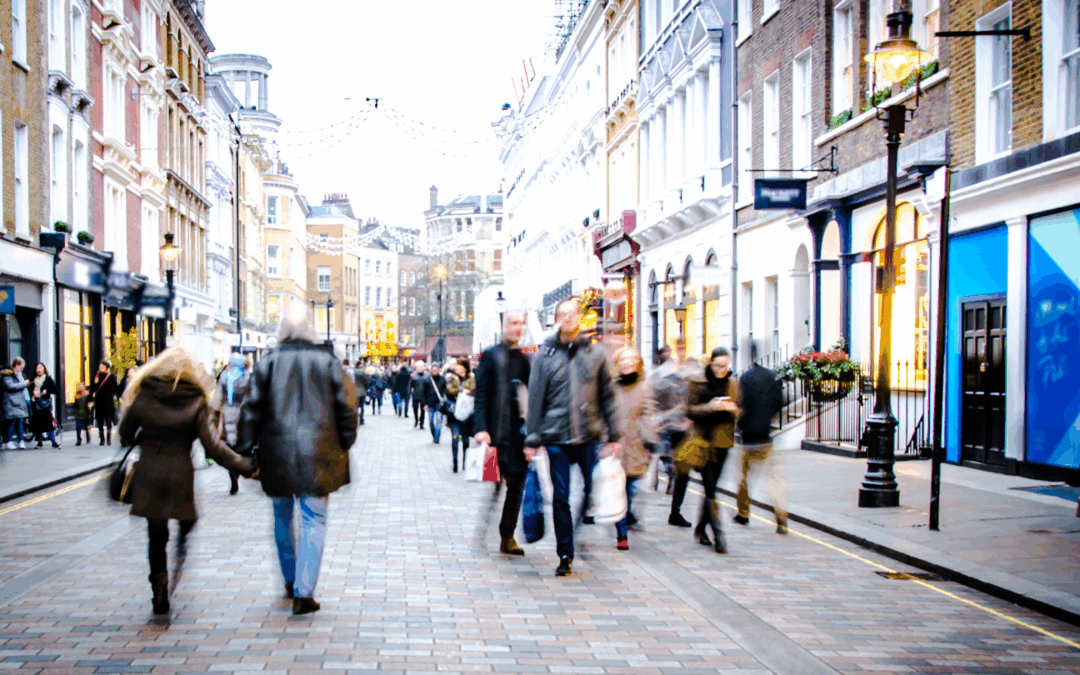Sephora is the first retailer to introduce Quiet Hours in its stores. Here, Sarah Boyd, Managing Director of Sephora UK shares what this means for business
The British Beauty Council’s ‘A Beauty Industry That Looks Like You’ report uncovers that 20% of people working in the beauty industry are neurodivergent, this figure is 4% higher than the national average.
As a result, the industry has been at the forefront of creating consumer spaces that are welcoming to those with conditions causing sensory challenges. The hairdressing sector has driven this accessibility, with Sophia Hilton’s Not Another Salon being the first to introduce silent cuts.
Sephora is the first beauty retailer to pilot Quiet Hours on a global scale; with UK stores White City, Trafford Centre and Bullring all participating.
Managing Director of Sephora UK, Sarah Boyd, starts: ‘We recognise that there are different needs for our customers when it comes to their shopping experience, and we want to ensure we can welcome everyone into our stores in the way they would prefer.’
She highlights that the busyness of stores can be both a blessing and a curse, saying: ‘Both customers and staff have expressed how overwhelming the store environment can be at times. We recognise that our stores can be very busy, which is a great source of pride of course, but we also know that this can be intense for some shoppers with sensory concerns.’
A 2024 report by Clear Channel shows that 61% of people experiencing sensory sensitivities agreed that busyness is likely to make them leave a store. What’s more, close to half of respondents (46%) leave stores due to loud music and more than 20% say that fluorescent lighting is an offender.
As more people are becoming conscious of the challenges facing those with neurodiversity, ‘it’s prompted a rise in consumer expectation on how to create environments that cater to this community’, shares Boyd. Before saying: ‘As a brand that champions inclusion, it made perfect sense for us to listen and act upon what we were hearing from the neurodiverse community, as well as those shoppers who simply want a less overwhelming shopping environment.’
The three stores taking part in the 12-week pilot are dimming lights where possible; lowering or turning off music; minimising the static digital screens in-store and encouraging a calmer store environment. The quiet hours will take place from the 8th April to 26th July, every Tuesday and Thursday between 10am and midday.
Over the 12-week period, Sephora will ‘gather feedback from the store teams and our consumers and tweak the programme as necessary to ensure we are meeting the demand in the best way possible.’
Promisingly, Boyd says: ‘This isn’t a trial that we would expect to cancel, and our intention is to very much improve on it and roll this initiative out permanently to all stores as soon as possible.’
The British Beauty Council has spotlighted accessibility, education and equity for those living with neurodivergence as a key area for driving change. It is engaging with various brands and stakeholders to push this agenda forward. This comes at a time when the EU is set to introduce a new accessibility act, the EAA, this will become law in EU countries from the 28 June of this year and sets out new guidance for accessibility.
You can find out more about ‘A Beauty Industry That Looks Like You’, here.




